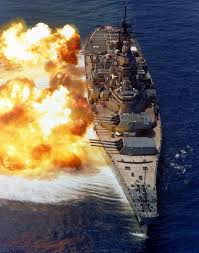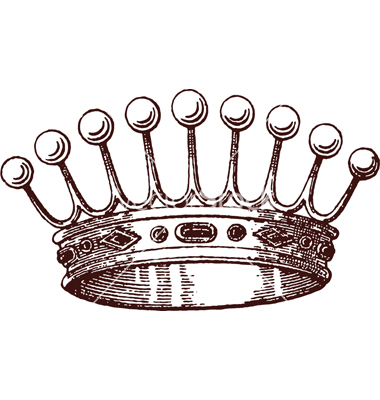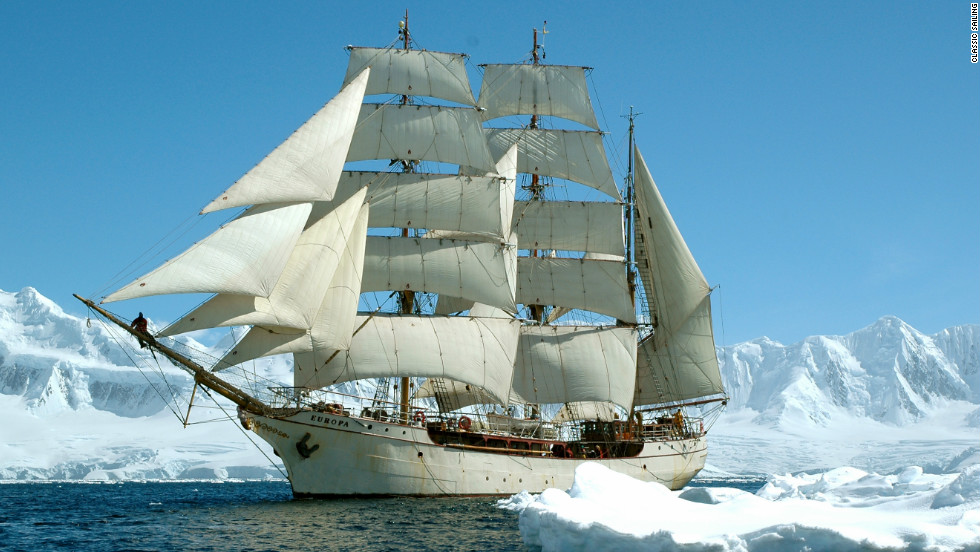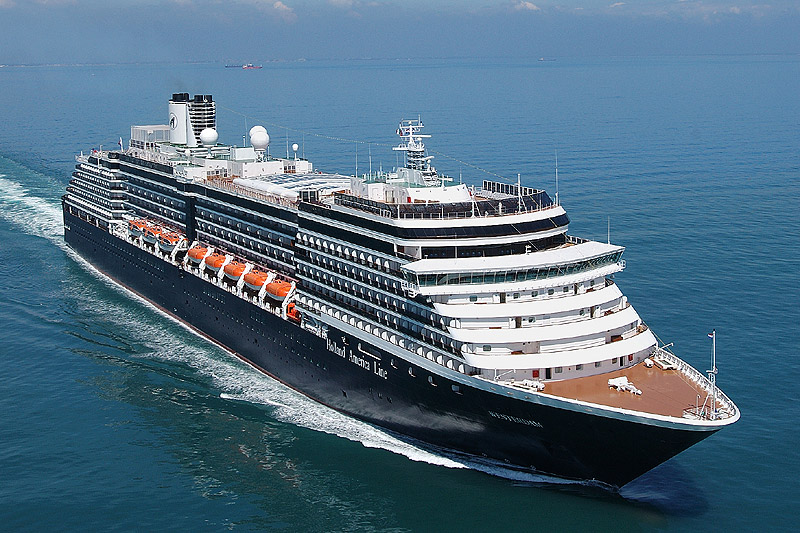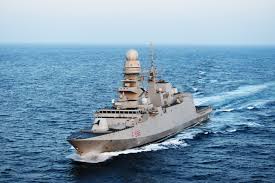Souvenir Sheet: Portrait of Peter the Great and Battle Scene (Soviet Union, USSR 1989)
Portrait of Peter the Great and Battle Scene (Soviet Union, USSR 1989)
24 July (Soviet Union, USSR ) within release 275th Anniversary of the Battle of Gangut goes into circulation Souvenir Sheet Portrait of Peter the Great and Battle Scene face value 50 Russian kopek
| Souvenir Sheet Portrait of Peter the Great and Battle Scene in catalogues | |
|---|---|
| Michel: | Mi: SU BL208I |
| Soloviev: | Sol: SU 6098-I |
Souvenir Sheet is horizontal format.
Plate error: Letter "O" of word "гангутскому" has a break in it.Souvenir Sheet Portrait of Peter the Great and Battle Scene it reflects the thematic directions:
An anniversary is the date on which an event took place or an institution was founded in a previous year, and may also refer to the commemoration or celebration of that event. For example, the first event is the initial occurrence or, if planned, the inaugural of the event. One year later would be the first anniversary of that event. The word was first used for Catholic feasts to commemorate saints. Most countries celebrate national anniversaries, typically called national days. These could be the date of independence of the nation or the adoption of a new constitution or form of government. The important dates in a sitting monarch's reign may also be commemorated, an event often referred to as a "Jubilee".
The word emperor (from Latin: imperator, via Old French: empereor) can mean the male ruler of an empire. Empress, the female equivalent, may indicate an emperor's wife (empress consort), mother/grandmother (empress dowager/grand empress dowager), or a woman who rules in her own right and name (empress regnant or suo jure). Emperors are generally recognized to be of the highest monarchic honour and rank, surpassing king. In Europe, the title of Emperor has been used since the Middle Ages, considered in those times equal or almost equal in dignity to that of Pope due to the latter's position as visible head of the Church and spiritual leader of the Catholic part of Western Europe. The emperor of Japan is the only currently reigning monarch whose title is translated into English as "Emperor"
Naval warfare is combat in and on the sea, the ocean, or any other battlespace involving a major body of water such as a large lake or wide river.
A Royalty is the immediate family of a king or queen regnant, and sometimes his or her extended family. The term imperial family appropriately describes the family of an emperor or empress, and the term papal family describes the family of a pope, while the terms baronial family, comital family, ducal family, grand ducal family, or princely family are more appropriate to describe the relatives of a reigning baron, count, duke, grand duke, or prince. However, in common parlance members of any family which reigns by hereditary right are often referred to as royalty or "royals." It is also customary in some circles to refer to the extended relations of a deposed monarch and his or her descendants as a royal family. A dynasty is sometimes referred to as "the House of ...". As of July 2013, there are 26 active sovereign monarchies in the world who rule or reign over 43 countries in all
A modern sailing ship or sailship is any large wind-powered vessel. Traditionally a sailing ship (or simply ship) is a sailing vessel that carries three or more masts with square sails on each. Large sailing vessels that are not ship-rigged may be more precisely referred to by their sail rig, such as schooner, barque (also spelled "bark"), brig, barkentine, brigantine or sloop. There are many different types of sailing ships, but they all have certain basic things in common. Every sailing ship has a hull, rigging and at least one mast to hold up the sails that use the wind to power the ship. The crew who sail a ship are called sailors or hands. They take turns to take the watch, the active managers of the ship and her performance for a period. Watches are traditionally four hours long. Some sailing ships use traditional ship's bells to tell the time and regulate the watch system, with the bell being rung once for every half hour into the watch and rung eight times at watch end (a four-hour watch). Ocean journeys by sailing ship can take many months, and a common hazard is becoming becalmed because of lack of wind, or being blown off course by severe storms or winds that do not allow progress in the desired direction. A severe storm could lead to shipwreck, and the loss of all hands. Sailing ships are limited in their maximum size compared to ships with heat engines, so economies of scale are also limited. The heaviest sailing ships (limited to those vessels for which sails were the primary means of propulsion) never exceeded 14,000 tons displacement. Sailing ships are therefore also very limited in the supply capacity of their holds, so they have to plan long voyages carefully to include many stops to take on provisions and, in the days before watermakers, fresh water.
A ship is a large watercraft that travels the world's oceans and other sufficiently deep waterways, carrying passengers or goods, or in support of specialized missions, such as defense, research and fishing. Historically, a "ship" was a sailing vessel with at least three square-rigged masts and a full bowsprit. Ships are generally distinguished from boats, based on size, shape and load capacity.
A warship or combatant ship is a ship that is used for naval warfare. Usually they belong to the navy branch of the armed forces of a nation, though they have also been operated by individuals, cooperatives and corporations. As well as being armed, warships are designed to withstand damage and are typically faster and more maneuverable than merchant ships. Unlike a merchant ship, which carries cargo, a warship typically carries only weapons, ammunition and supplies for its crew.



